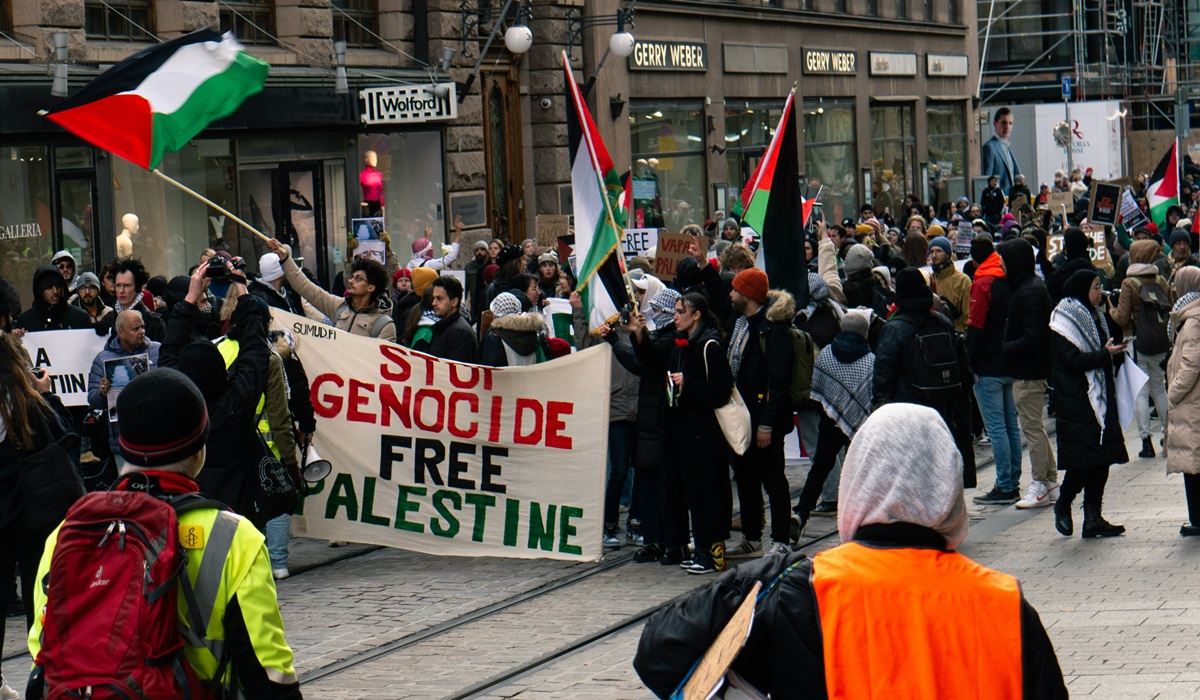Celebrating Diversity: The Significance of World Day for Cultural Dialogue
- Kingston Bailey
- Trending
- World News
- May 21, 2023

The World Day for Cultural Diversity for Dialogue and Development is a global observance held on May 21st every year to promote cultural diversity and harmony among people from different backgrounds. Recognizing the richness of humanity’s tapestry, this day highlights the importance of cultural dialogue, understanding, and development as key elements for a peaceful and prosperous world. In this article, we will delve into the origins of this day, its objectives, and whether achieving its goals is attainable.
The United Nations General Assembly declared May 21st as the World Day for Cultural Diversity for Dialogue and Development in December 2002. The decision came as a response to the Universal Declaration on Cultural Diversity adopted by UNESCO in 2001. The UNESCO declaration emphasized the significance of cultural diversity as a driving force for sustainable development, fostering dialogue, and strengthening social cohesion.
Objectives:
Promoting Cultural Dialogue: The World Day for Cultural Diversity is a platform to encourage open and respectful dialogue between cultures. It aims to create opportunities for people to engage in discussions, exchange experiences, and learn from each other’s traditions, values, and customs. Through dialogue, misconceptions and stereotypes can be challenged, paving the way for mutual understanding and appreciation.
Fostering Cultural Development: Cultural diversity is an essential source of creativity, innovation, and inspiration. This day celebrates cultural expressions, including arts, music, literature, cuisine, and traditional practices. By acknowledging and promoting diverse cultural heritage, societies can thrive and flourish by embracing the collective wisdom of their people.
Enhancing Intercultural Competence: The World Day for Cultural Diversity encourages individuals and communities to develop intercultural competence. This involves acquiring knowledge about different cultures, understanding their histories, and embracing their unique perspectives. By building intercultural competence, people can navigate cultural differences, resolve conflicts peacefully, and build inclusive societies.
Promoting Equality and Social Justice: Cultural diversity is intrinsically linked to equality and social justice principles. This day aims to advocate for equal rights and opportunities for all individuals, regardless of their cultural backgrounds. By promoting diversity and inclusion, societies can address discrimination, promote social cohesion, and ensure everyone’s voice is heard and respected.
While achieving the goals of the World Day for Cultural Diversity may seem challenging, progress is possible with collective effort and commitment. The following steps can contribute to making these objectives attainable:
Education and Awareness: Encouraging education about different cultures and fostering awareness early can promote tolerance and understanding. By integrating cultural diversity into school curricula, societies can nurture future generations who value diversity and reject prejudice.
Policy Frameworks: Governments and institutions can establish policies that promote diversity, inclusion, and equal opportunities. Legislation can address discriminatory practices, encourage cultural exchange programs, and provide support for marginalized communities.
Interfaith and Intercommunity Dialogue: Facilitating dialogue and engagement between religious and ethnic groups can foster understanding and cooperation. Platforms for interfaith and intercommunity dialogue can bridge divides and promote social harmony.
Media and Communication: Responsible media practices can play a vital role in challenging stereotypes, promoting cultural understanding, and showcasing diverse perspectives. Encouraging media outlets to provide balanced coverage of different cultures can contribute to the acceptance of diversity.
Grassroots Initiatives: Encouraging grassroots initiatives that celebrate diversity, such as multicultural festivals, art exhibitions, and community gatherings, can create spaces for cultural exchange and understanding.
This day aims to create a world where people embrace their differences and work together for a better future by promoting dialogue, fostering cultural development, enhancing intercultural competence, and advocating for equality. While achieving these goals requires ongoing efforts, the potential for a more inclusive and harmonious society is within our reach. Let us celebrate cultural diversity and strive for dialogue and development that enriches humanity.








